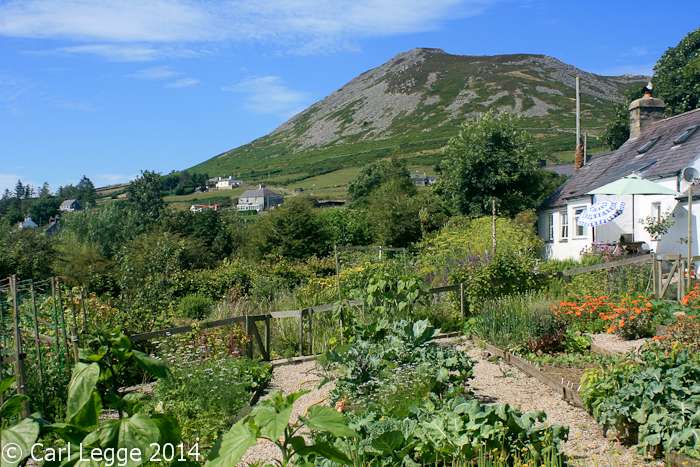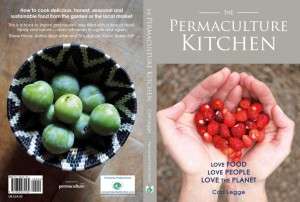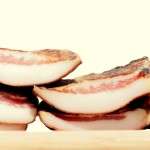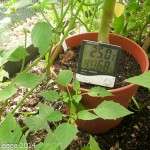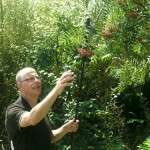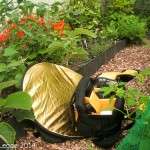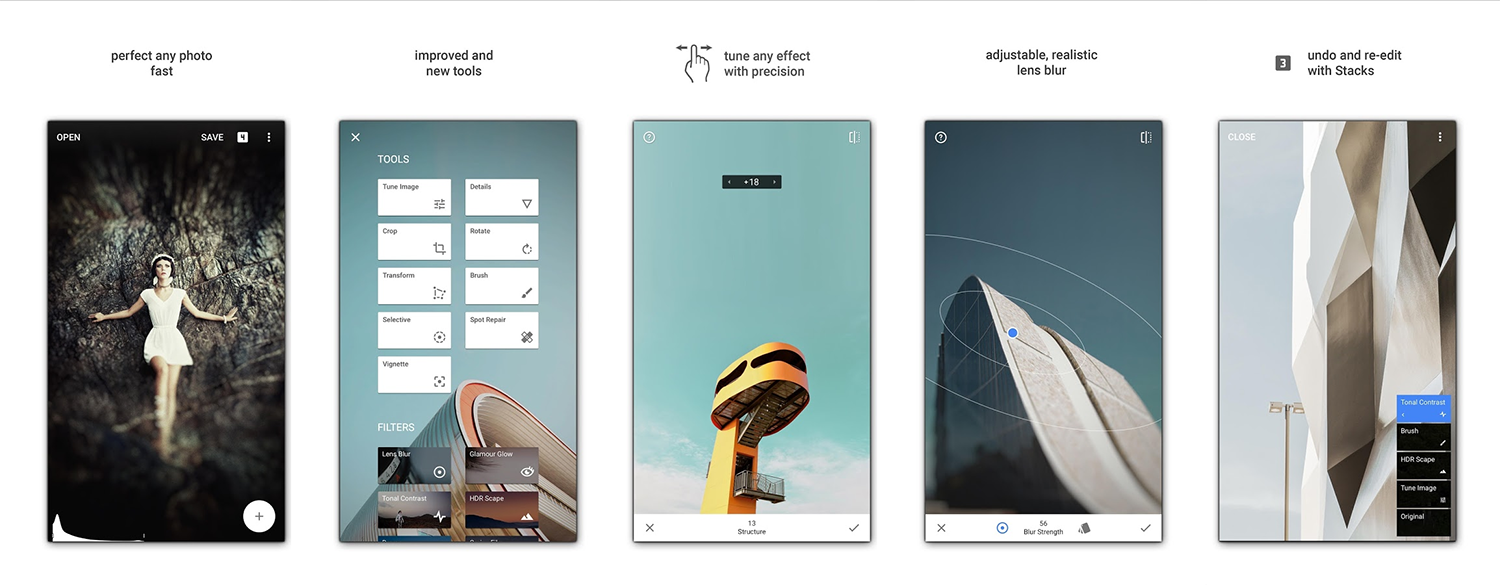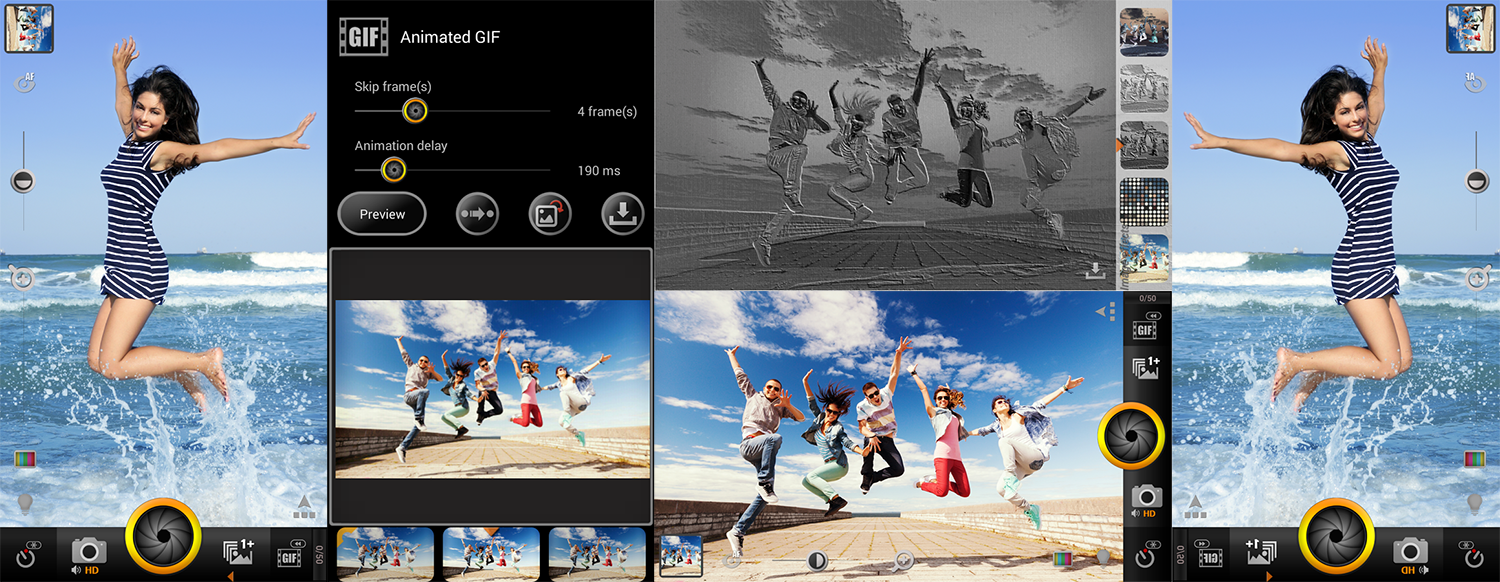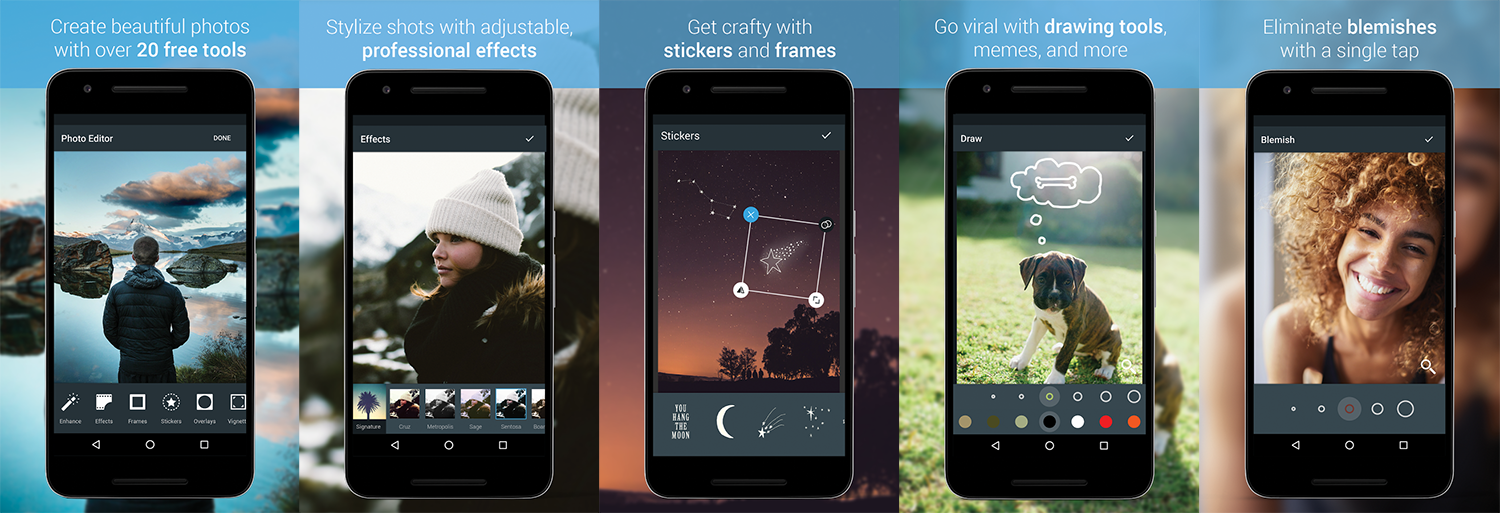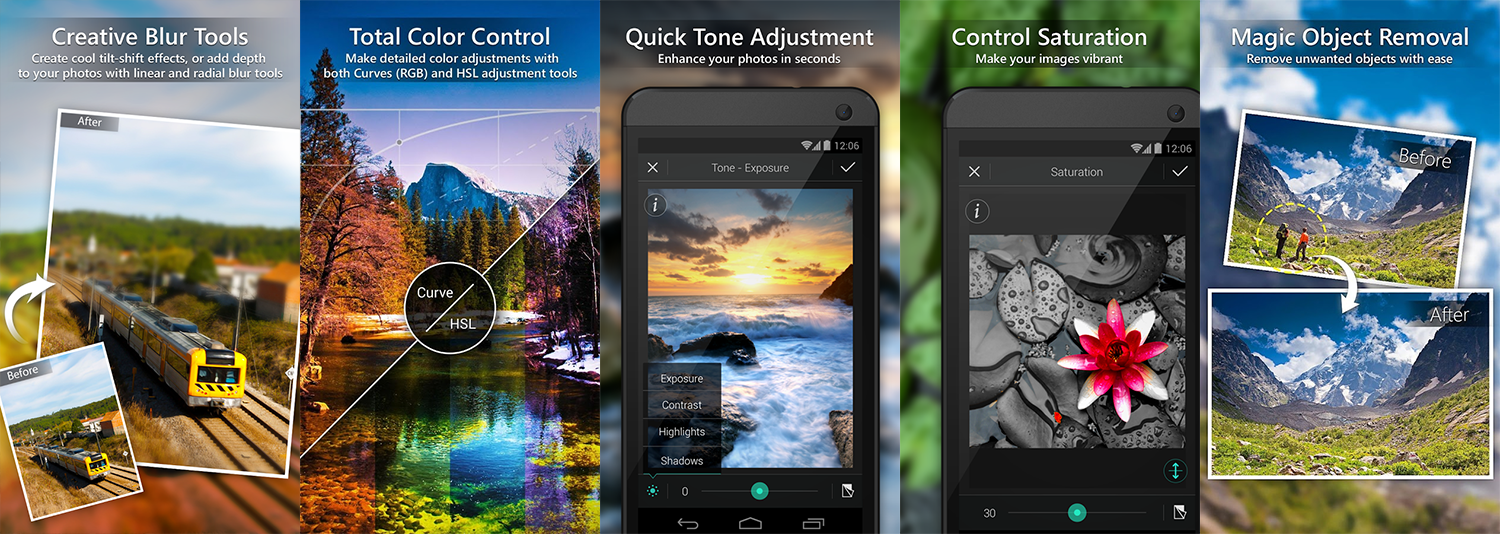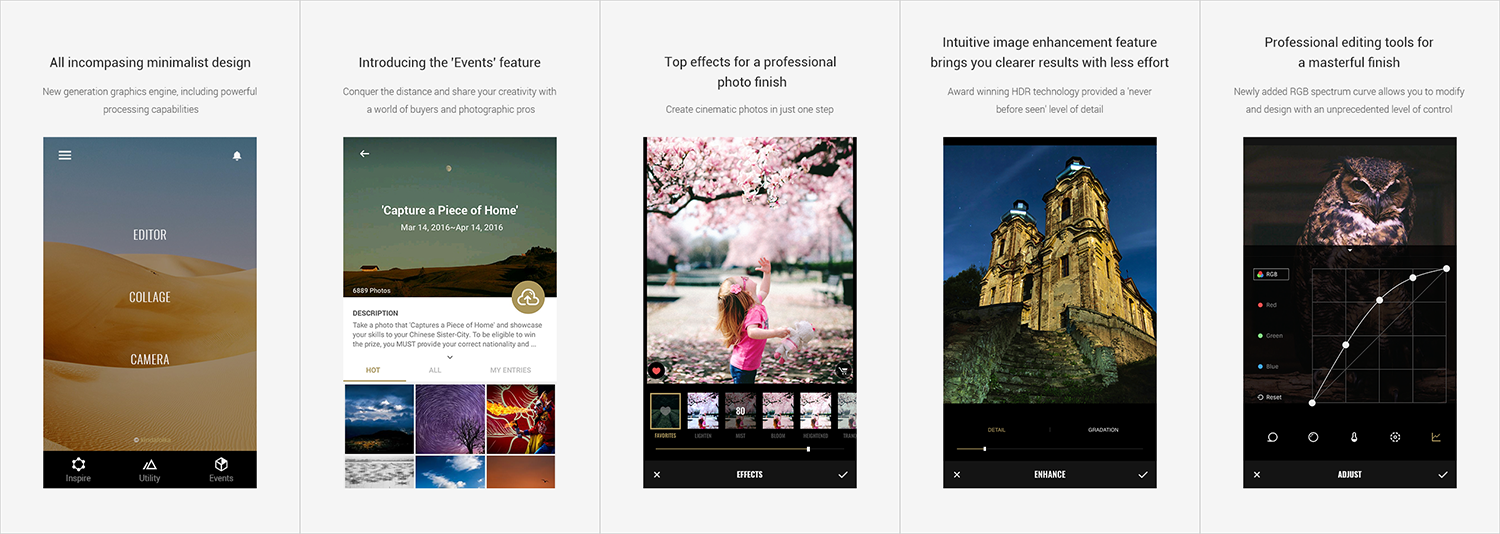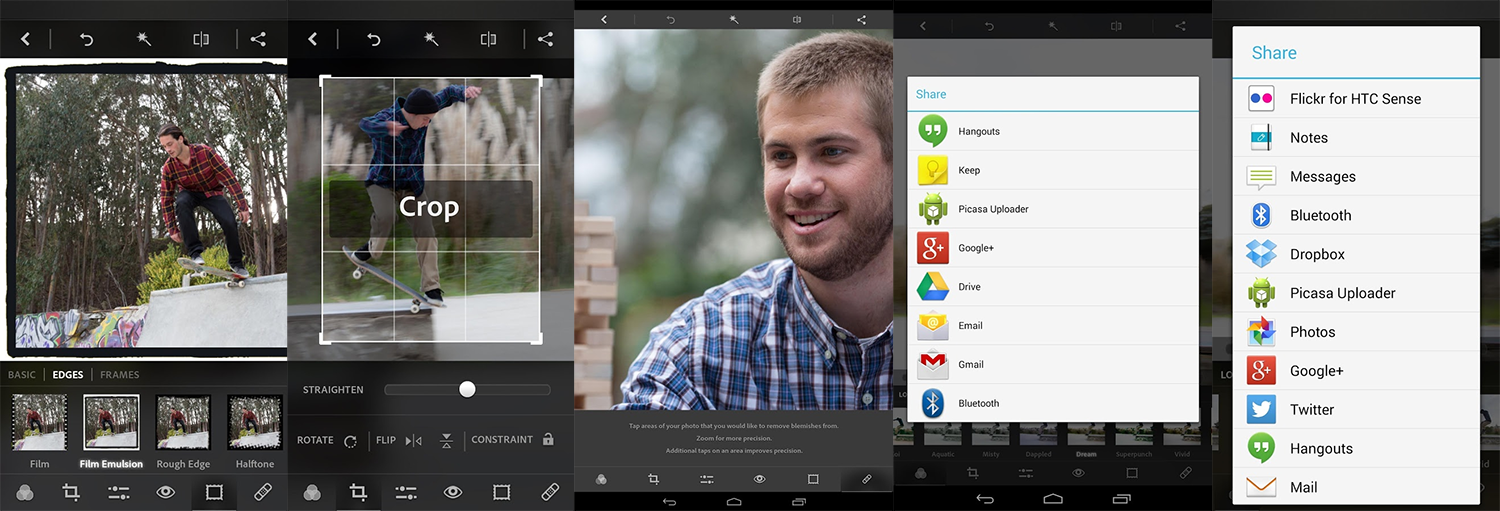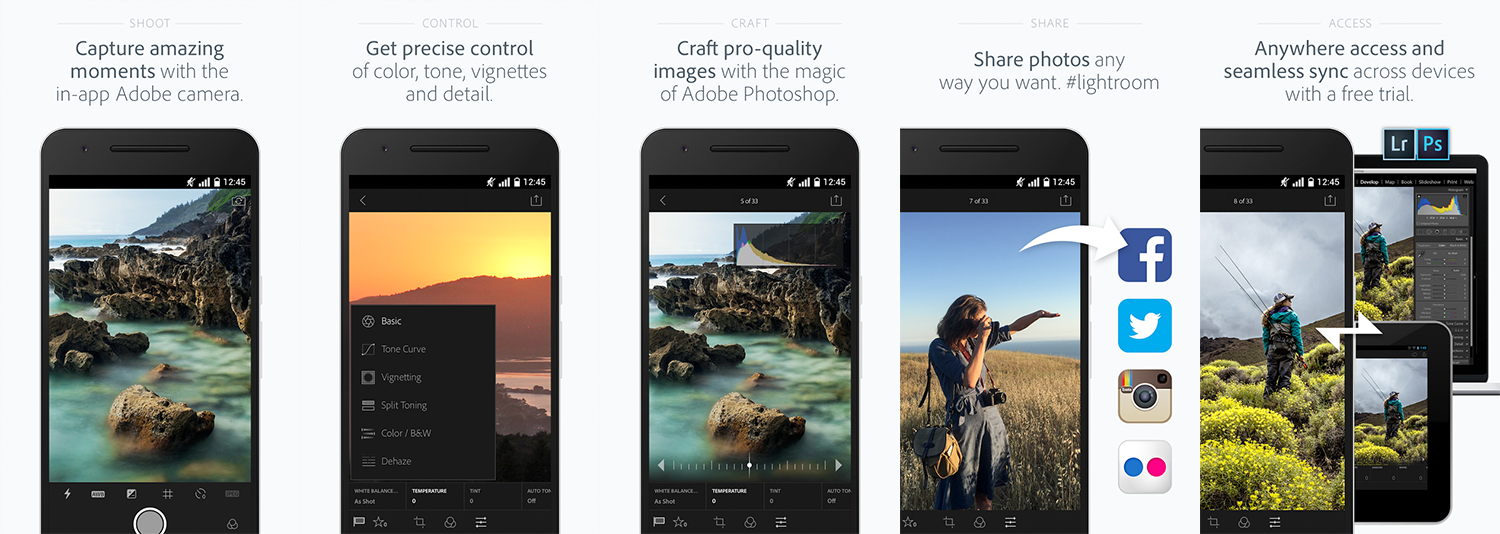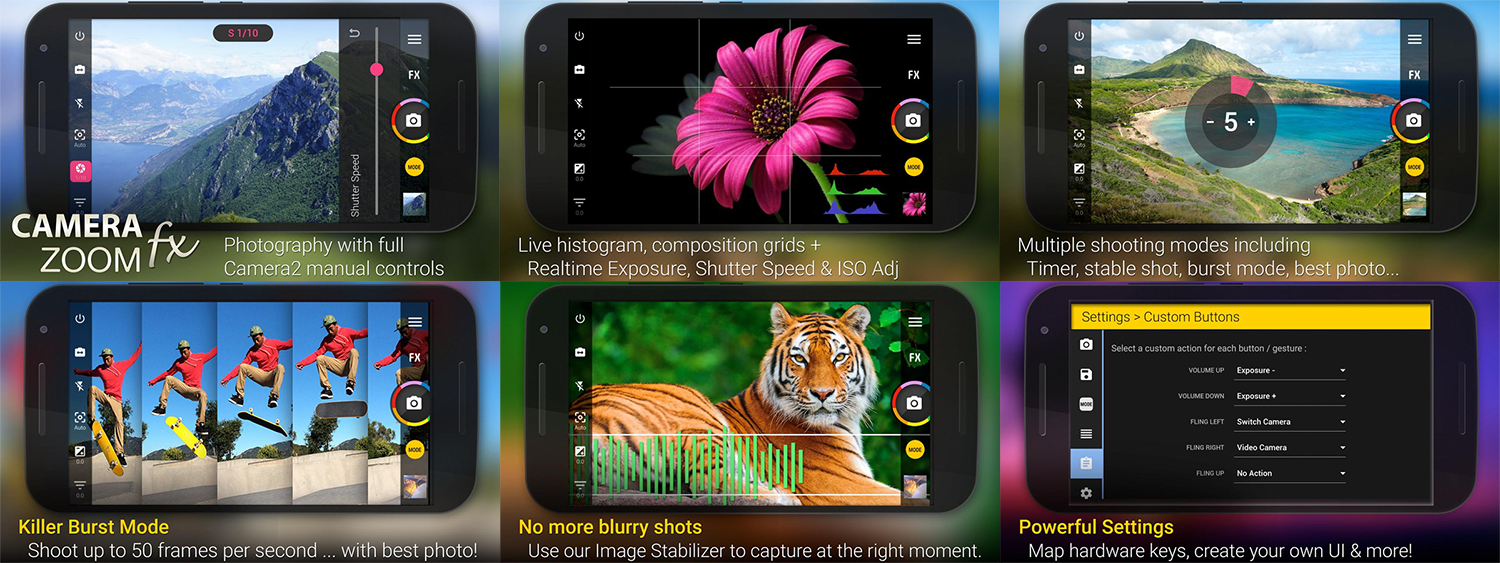For those who live in cities with the commotion, noise and hassle that it brings, the thought of swapping it for a life in the country growing your own food and enjoying a different sort of life can be a halcyon dream.
And that desire for a different lifestyle can only get stronger with the arrival of children – for them to have space and clear air in which to grow up in.
Making the move: financially poorer, but emotionally richer
Carl Legge is one of those who has made the switch with his family from city to country. He now grows lots of his own food and keeps animals.
And while they are financially poorer, the family is emotionally and spiritually richer. Carl has created a new career for himself out of this passion, writing and photographing about how to grow, cook and eat food.
Living off the land has also been the mother of invention when it comes to using equipment bought from the internet for Carl.
“When our son was born we were keen to have space and clean air where we could enjoy the outdoors on our doorstep.
“We also wanted to grow lots of our own food and keep animals. We made plans in the mid-1990s to make this happen and finally moved to the Llyn Peninsula in North Wales in 1997 and I spent 4 years commuting weekly to London,” said Carl.
“In the early 2000s, I swapped the money of corporate life for the time to live from and with the land and with my family.
“We’re financially much poorer and emotionally and spiritually immensely richer. Out of this passion I’ve been very lucky to create myself a new ‘career’ to write and photograph about how to grow, cook and eat food.
“This year my first book, The Permaculture Kitchen was published and I do freelance work for The Guardian and others.”
Permaculture: what is it?
Carl’s passion is about permaculture, which he explains is a framework of ways to think about, design and use your environment so it is resilient and sustainable for the long term.
“It helps to keep us healthy and happy and to look after our environment and the animals in it.
“Permaculture principles can be used by anyone, anywhere: city flats; country estates; community spaces; transport systems and commercial and industrial premises to create sustainable systems and places that care for people too,” he says.
In the garden, it means using composting and green manure techniques to keep the soil healthy, fertile and productive. It also involves maximising resources from their own land and minimising use of extra resources.
Carl adds: “We encourage biodiversity so that pests and diseases are kept in check and because it’s fun to see the wildlife.
“We’ve created ‘forest garden’ areas which are designed to mimic natural forest to produce year round crops from trees, shrubs and herbaceous plants. Once established, they should provide lots to eat with a minimal amount of maintenance.”
Raspberries for breakfast and feasting on salads and flowers
For Carl, he loves anything fresh and seasonal, prepared and cooked simply so that the natural flavours and textures shine through.
“What could be better than to eat warm raspberries for breakfast, or to feast on super-tasty multi-coloured and textured salads and flowers? Of course, these are best accompanied by beers and wines made from the fruits and herbs we find around us.”
Curing pork, brewing and herding chickens using 7dayshop equipment
But living from the internet doesn’t mean being cut off from the world – in fact the internet has helped Carl and his family make the most of their surroundings and lifestyle. That includes ingenious uses of products bought from 7dayshop.
The hygrometer
“The 7dayshop hygrometer is such a useful bit of kit for us.
“I first got it to help me check the conditions were correct to make guanciale an Italian-style cured pork cheek,” says Carl.
“To dry the cured meat the ideal conditions are a temperature of 12-18C with a humidity of about 70%. The great value hygrometer is ideal for this.”
“Once I had one of these, I saw how useful it would be to monitor conditions in the garden and in our two polytunnels.
“And also it helps me monitor conditions for making home brewed wine & beer and sourdough bread.”
The monopod
Carl finds the 7dayshop monopod a remarkably useful piece of kit – even using it to “herd” the family’s chickens among various uses.
“I use it to help me take pictures while on walks and it’s a good walking stick too.
“It also serves me well to ‘herd’ chickens and to help me forage flowers and berries,” he says.
Photography equipment
As a photographer, Carl gets a lot of use out of 7dayshop camera gear.
“The camera bag is ideal for me to keep everything organised taking pictures of plants and plates of food.
“The reflectors help me manage light in often difficult situations indoors and out.
Rechargeable batteries: better for the environment
“And 7dayshop rechargeable batteries help us keep the environmental cost of portable power to a minimum.”
For Carl and his family, this is the real good life – and they are living it.
Useful links
Carl Legge’s website and follow him on Twitter
Go shopping at 7dayshop.com
High performance batteries for an amazing price
Hygrometer: what is it and what is it for?
Get the 7dayshop monopod
Follow @7dayshop on Twitter
by Will Green


